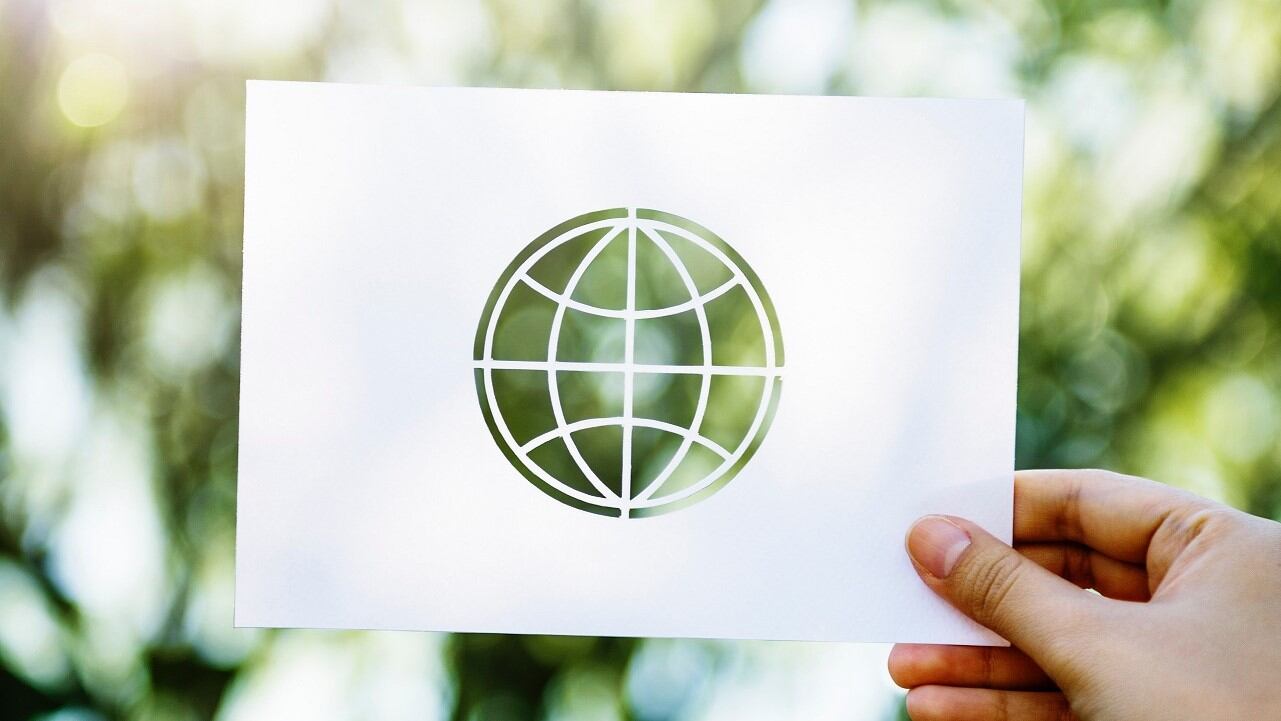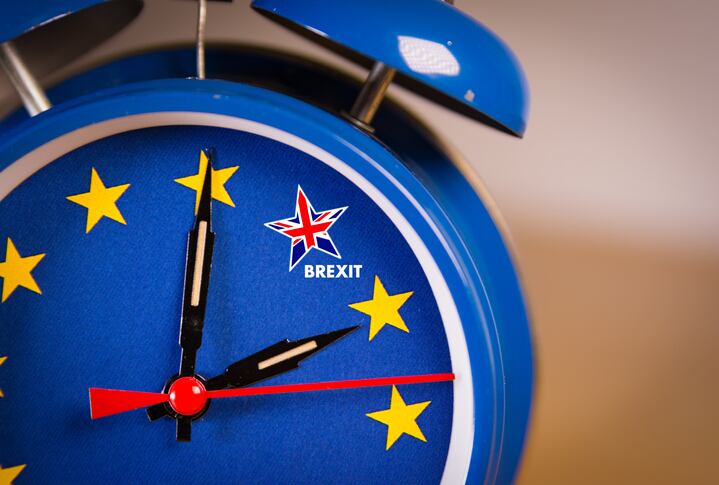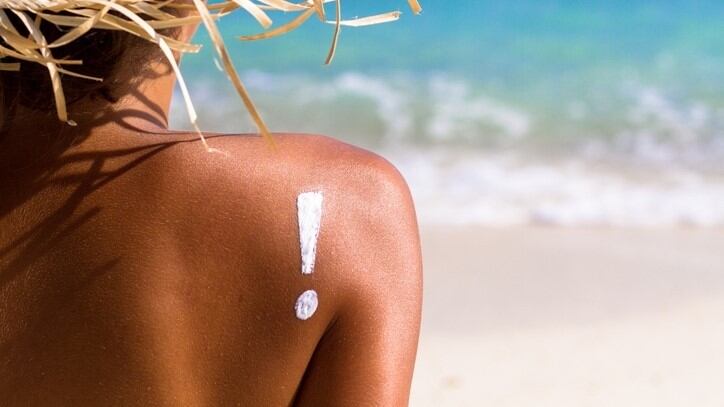Philippines chemical safety group EcoWaste Coalition has been testing whitening creams for mercury and found the practice to be widespread domestically and across the region.
During the course of its investigation, it has singled out a brand from Pakistan that was found to contain dangerously high quantities of the heavy metal, while many others it tested were identified as being dangerous for human use. It has also identified worrying numbers of mercury-containing brands available in online stores.
Whitening in demand
In Asia, skin whitening cosmetics are continually in demand by consumers who believe a lighter complexion will make them more attractive or give them a higher social status.
The global skin whitening market was valued at US$4.8bn in 2017, according to Global Industry Analysts. Now growing at a rate of 6.5% per year, it is expected to reach a value of US$8.9bn by 2027, with Asian countries making up a substantial segment.
A World Health Organisation survey found that nearly 40% of women polled in nations including China, Malaysia, the Philippines and South Korea said they regularly used whitening products. In India, 60% of the skincare market consisted of whitening products.
While the problem of creams containing mercury is commonplace across Asia, it appears to be in the Philippines where it is coming to a head, thanks to the work of groups like EcoWaste and others.
It is not necessary for products to contain mercury, which inhibits the production of melanin pigment leading to a lighter skin tone. Instead, lightening products typically contain derivatives of vitamin C and hydroquinone, which can temporarily impede melanin production and aren’t considered dangerous in small amounts.
Because mercury is a less expensive, mercury is usually found in fake formulations and cheap alternatives to mainstream brands.
Trouble with mercury
Tests at government labs in Pakistan last year found all but three of 59 products were positive for traces of mercury. Anything over one part per million is considered unsafe, leading to unhealthy skin, nerve and kidney damage, among other gruesome side-effects of the creams.
Mercury can also find its way into the water system very easily, posing potential danger to public safety.
An international accord to control mercury poisoning and pollution, signed by 128 countries, goes into effect next year, barring the manufacture, import or export of cosmetics with even a trace of mercury. While it is a step forward, the accord will be difficult to enforce, especially in countries where mercury-laced cosmetics are not illegal.
It is also proving difficult to stamp out sales of skin whitener in countries where it is banned, especially with online sales channels in Asia and the United States widely advertising dangerous brands.
One of these, Feique, sold on eBay, was found by EcoWaste to contain mercury at a level of 19,200 parts per million. The online retailer has since said it would remove Feique products from its store.
Pakistani brand Goree has also been named more than once in stings. The Philippine mercury watchdog clocked its beauty cream bought from a Manila neighbourhood market at 23,000 parts per million of mercury, though Goree claimed the products were branded fakes and claimed that counterfeiting of its products is widespread across Asia.
EcoWaste has also tracked cosmetic advertisements posted on Singapore-based e-commerce sites Lazada and Shopee, finding several dealers that sell skin whiteners from Pakistan, including Goree products, which are banned in the Philippines.
“The continued online sale of these mercury-contaminated skin whitening products is a direct defiance of our country’s cosmetic safety regulations,” said Thony Dizon, EcoWaste’s chemical safety campaigner.
“For the health and well-being of our consumers, we ask third-party dealers to desist from selling poison cosmetics that are laced with high concentrations of mercury,” he said.




